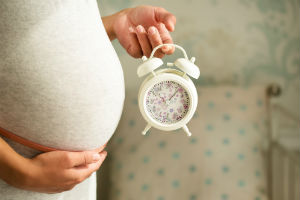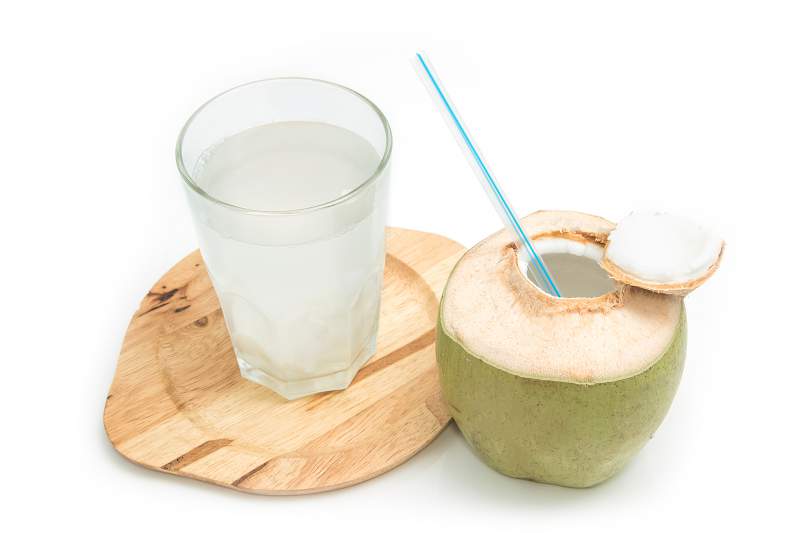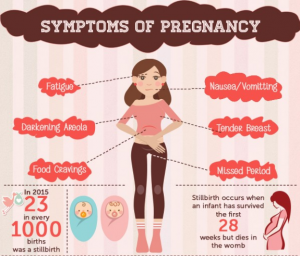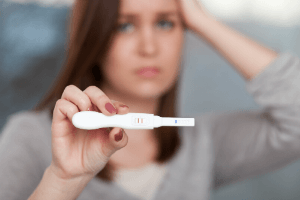Diet During Pregnancy – What to Eat and What to Avoid
Sometimes much awaited, sometimes a surprise − but in either case, pregnancy is one of the most magical times in a woman’s life. At this time, a woman goes through many physical, hormonal, and emotional changes. It is equally important to take care of the mind and the body during this period. While the means for staying happy and relaxed vary from woman to woman, there are some common ways to keep the body healthy that apply to everyone. Taking a balanced diet is one of the first ways to do that. This blog enlists few elements that should be part of pregnancy diet:
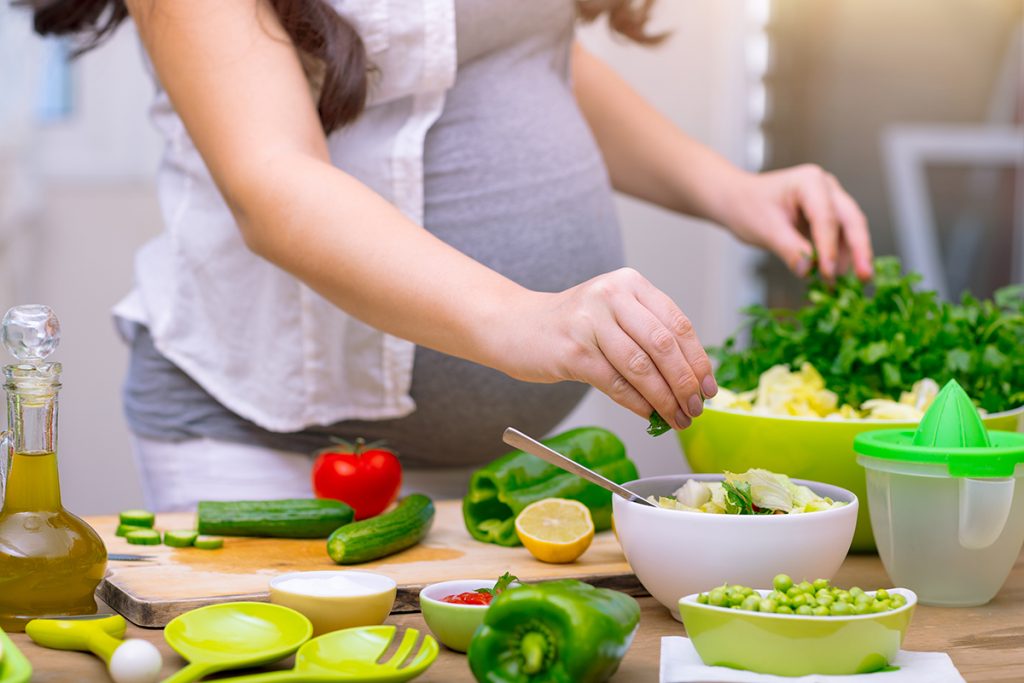
Diet During Pregnancy
During pregnancy, the body of a woman needs additional nutrients, vitamins, and minerals. Poor eating habits and excess weight gain may increase the risk of gestational diabetes and pregnancy or birth complications. Therefore, maintaining a healthy diet during pregnancy is very important for good health of the mother and the baby.
Diet during pregnancy should be balanced and have an appropriate blend of the following nutrients:
Calcium: Calcium is an important part of pregnancy foods. Calcium is required to build strong bones and teeth. Calcium also allows the blood to clot normally, nerves to function properly, and the heart to beat normally. Dairy products are the best source of calcium. Other sources of calcium are dark, leafy greens, fortified cereal, bread, fish, fortified orange juices, almonds, and sesame seeds.
Folic Acid: A healthy pregnancy diet must include folic acid, which is a vitamin that can help reduce the risk of neural tube defects, which are birth defects of the brain and spinal cord. Foods rich in folic acid include lentils, kidney beans, green leafy vegetables, citrus fruits, nuts, and beans. Folic acid is also added as a supplement to certain foods such as fortified bread, cereal, pasta, rice, and flour.
Iron: Iron is an important part of red blood cells, which carry oxygen through the body. It is an important constituent of food for pregnant women. Iron helps to build immunity and helps to avoid tiredness, weakness, irritability, and depression. Good sources include whole grain products, dried fruit and beans, and green leafy vegetables.
Vitamin A: Foods rich in Vitamin A are leafy green vegetables, deep yellow or orange vegetables, milk, and liver.
Vitamin D: Vitamin D works with calcium to help develop the baby’s bones and teeth. It is also essential for healthy skin and eyesight, and is therefore included in all pregnancy diet menus. Good sources are milk fortified with vitamin D and fatty fish such as salmon. Exposure to sunlight also converts a chemical in the skin to vitamin D.
Protein: Foods containing protein help the baby grow. Protein-rich foods include meat, poultry, fish, eggs, beans, tofu, cheese, milk, nuts, and seeds.
Foods to Avoid During Pregnancy
Along with keeping a check on the food to be included in a pregnancy diet, there are also certain restrictions on the food to be eaten at this time. Mentioned below are some foods to avoid during early and late pregnancy:
Limit foods that are high in sugar, fat, and salt
Limit foods such as butter, oils, salad dressings, cream, chocolate, crisps, biscuits, pastries, ice-cream, cake, puddings, and fizzy drinks. Sugar contains calories without providing any other nutrients and can contribute to weight gain, obesity, and tooth decay.
Having too much saturated fat can increase the amount of cholesterol in the blood, which increases the chance of developing heart disease. Therefore, sugar, fat, and salt rich items fall among the foods to avoid in first month of pregnancy.
Limit caffeine
Caffeine is a substance that occurs naturally in foods such as tea, coffee, and chocolate. Having a lot of caffeine increases the risk of having a miscarriage and a baby with low birth weight.
Avoid foods which may have high levels of listeria
Some of the foods to avoid during pregnancy are those which contain listeria. Listeria is a germ to which pregnant women are more likely to become infected. It sometimes causes miscarriage, stillbirth or infections in the baby after birth. Foods which are most at risk of carrying listeria are:
- Undercooked meats and eggs
- Raw shellfish and raw fish
- Unpasteurized milk
Avoid Consumption of Alcohol or Tobacco
Taking care of just the foods to eat and avoid during pregnancy is not enough. It is also important to note other items consumption of which must be strictly avoided during pregnancy. Alcohol and tobacco are two items women must not consume during pregnancy.
Effects of Smoking During Pregnancy:
Smoking during pregnancy exposes the baby to harmful chemicals and can result in a far higher risk of:
- Miscarriage, stillbirth or ectopic pregnancy
- Premature birth
- Low birth weight
- Damage to the baby’s heart and lungs
Effects of Drinking During Pregnancy:
It is advised to restrict consumption of all forms of alcohol during pregnancy as it can be passed directly to the baby through the umbilical cord. Thus, alcohol should never be a part of diet for pregnant women. Drinking alcohol during pregnancy can cause miscarriage, stillbirth, and a range of lifelong physical, behavioral, and intellectual disabilities. These disabilities are known as fetal alcohol spectrum disorders (FASDs). Children with FASDs might have the following characteristics and behaviors:
- Abnormal facial features
- Small head size
- Shorter than average height
- Low body weight
- Poor coordination
- Hyperactive behavior
- Difficulty with attention
- Poor memory
- Learning disabilities
- Vision or hearing problems
- Problems with the heart, kidney, or bones






